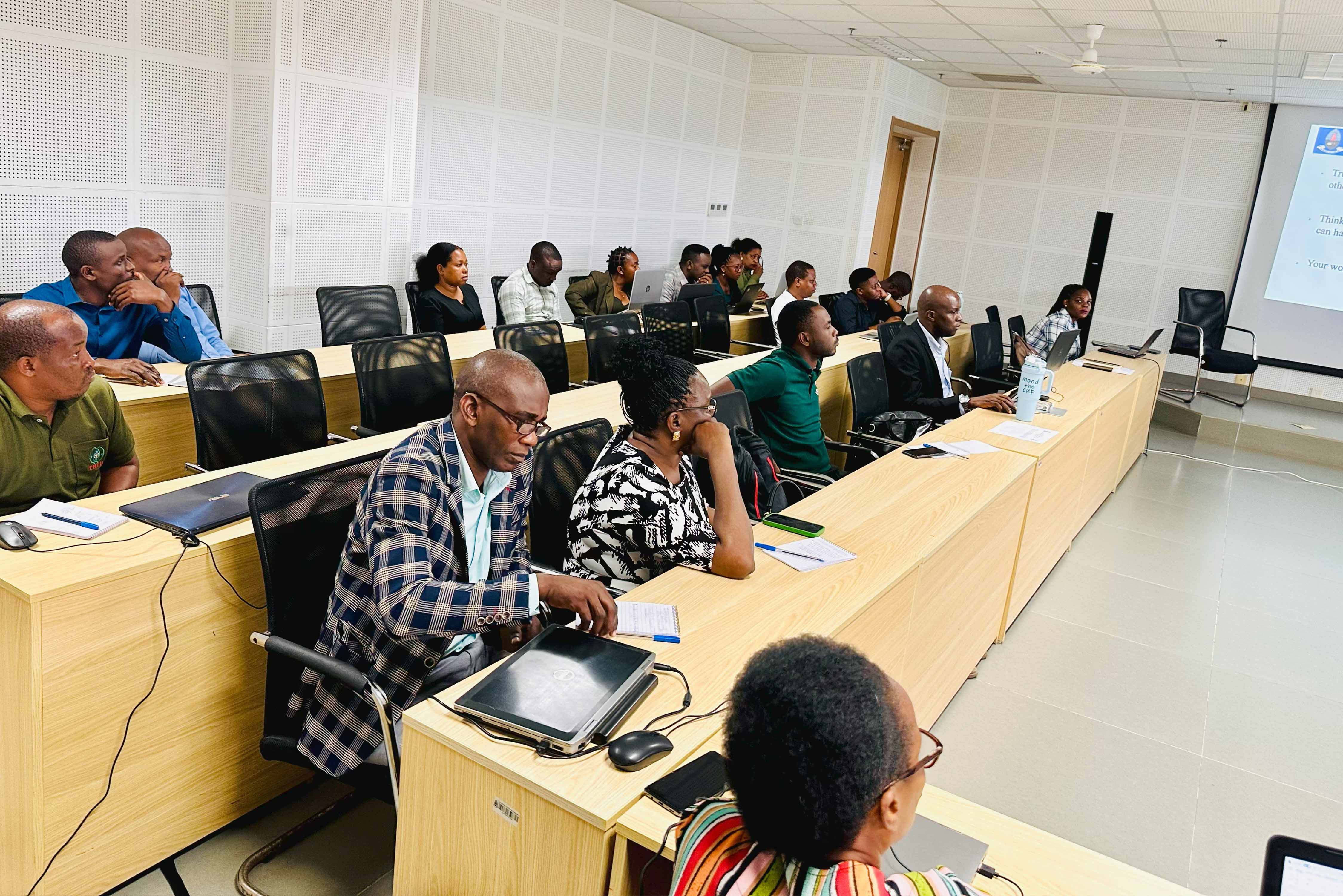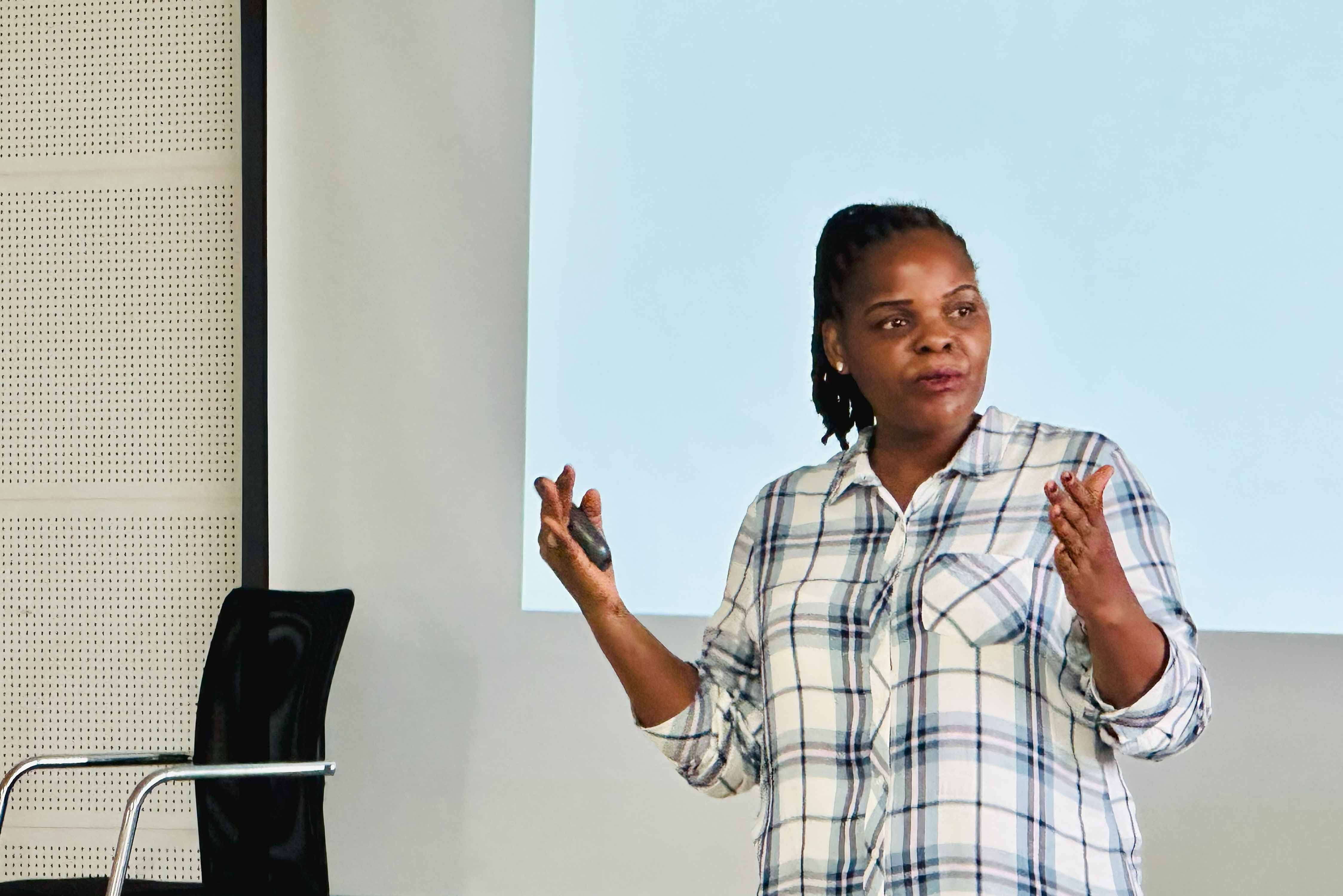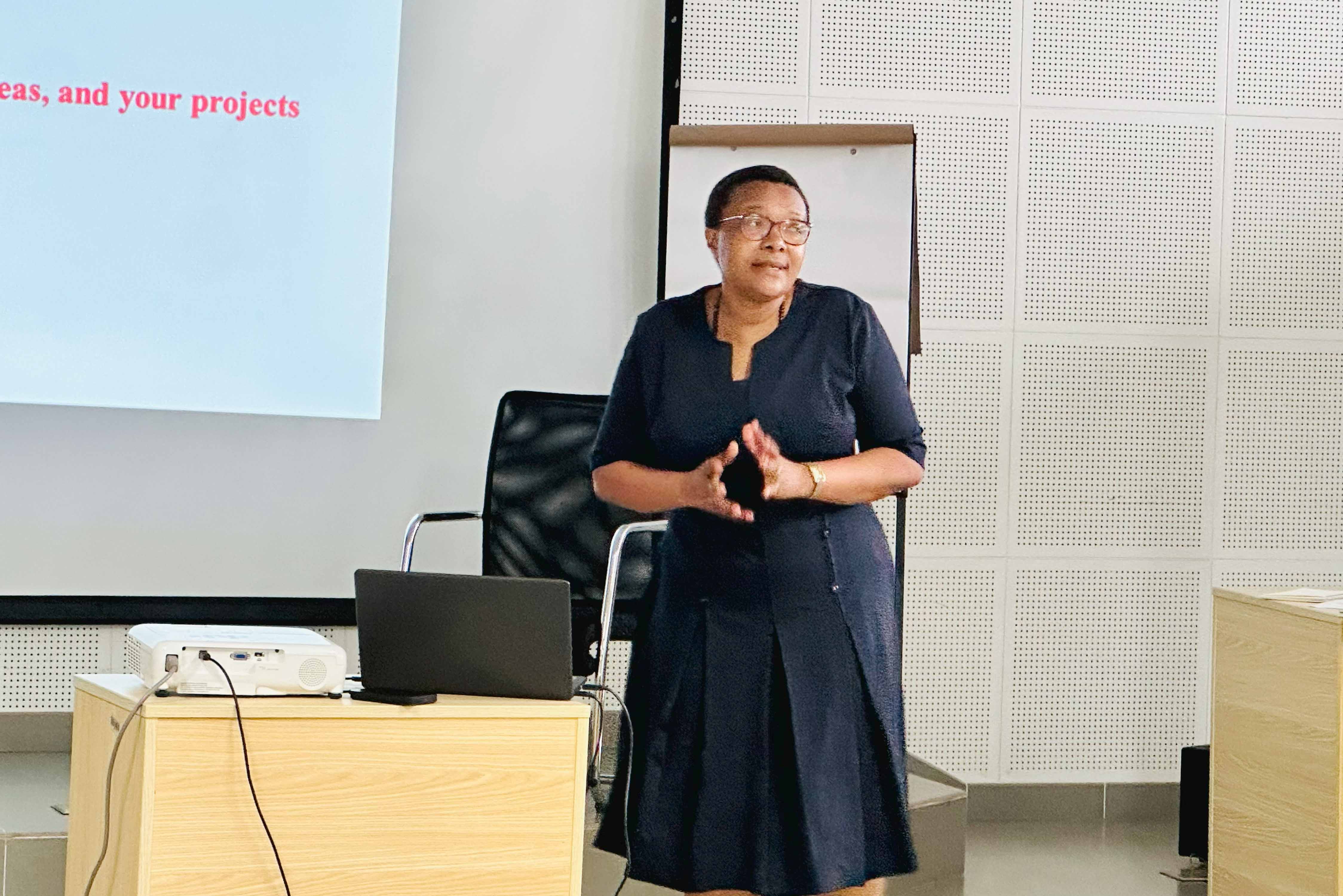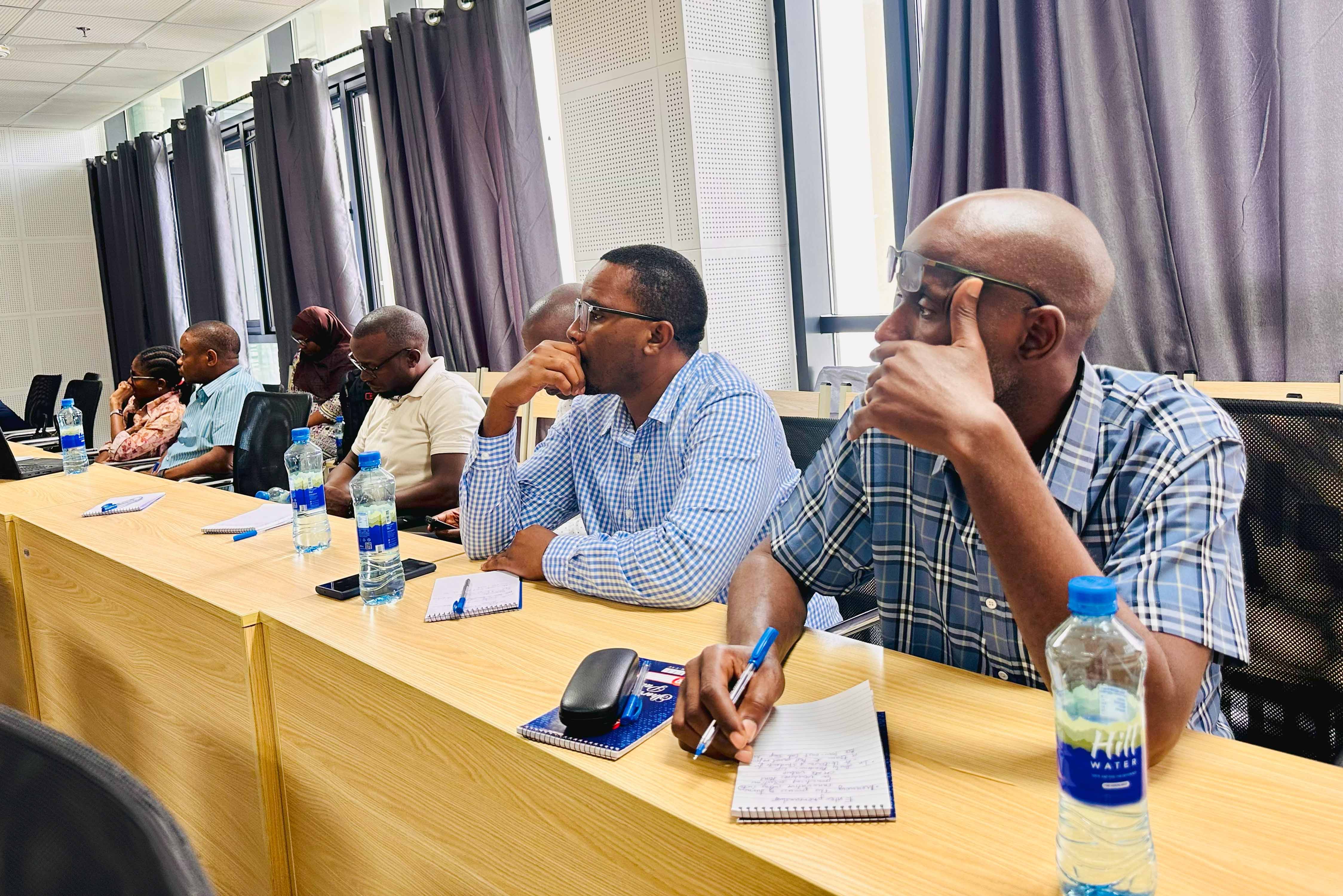Bridging the Innovation Gap: UDSM Equips Coordinators to Commercialise Research
By Zamda George, CMU
The University of Dar es Salaam (UDSM) is intensifying its efforts to translate cutting-edge research into practical solutions with a new training programme aimed at its frontline Innovation and Entrepreneurship (I&E) Coordinators.
Launched in September 2025 by the Directorate of Research and Publication (DRP), in collaboration with the Directorate of Innovation and Entrepreneurship (DIEN) and the Intellectual Property Management Office (IPMO), the initiative seeks to equip coordinators across UDSM colleges and schools with the skills to guide researchers from ideas to commercialisation.
Opening the workshop, Dr. Mathew Senga, Director of Research and Publication and Principal Investigator of the Sida-funded Research and Innovation Management Subprogramme, urged participants to see themselves as catalysts for change.
"Our university produces knowledge of global quality, but for Tanzania to truly benefit, we must go further. This training is about equipping our people to take research out of journals and into society where it can solve problems, create jobs, and improve lives," said Dr. Senga.
The training comes at a time when universities globally are redefining their role as not only producers of knowledge but also engines of innovation. For UDSM, building the capacity of I&E Coordinators is a key step in aligning with that shift.
Prof. Lilian Kaale, Director of Innovation and Entrepreneurship, stressed that the university already has the right systems in place, but success depends on people knowing how to use them.
"UDSM has incubators, IP offices, and policies but they only work if our people know how to use them. This training is about unlocking that potential so that every corner of the university can contribute to Tanzania's innovation ecosystem," she explained.
Prof. Kaale insisted on the university's new focus, with a clear call to action: "We must move from publication to application, focusing on idea utilisation for impact."
Practical applications at the heart
Practical application was at the heart of the sessions. Dr. Winnie Nguni, Entrepreneurship Coordinator, introduced participants to Lean Startup methodologies, encouraging them to focus on market validation.
"Researchers often have brilliant ideas, but not every idea fits the market. Our role is to help them test, adapt, and refine; so that their innovations not only work in theory but also thrive in practice," she said.
For participants, the training was timely. Dr. Joseph Ngowi from the College of Engineering and Technology (CoET) noted the relevance for scaling engineering solutions: "We are constantly producing prototypes, but the challenge has always been how to take them further. This training gives us the tools to think about market needs and move beyond the lab."
From the College of Agriculture and Food Technology (CoAF), Ms. Salma Dalma highlighted the potential impact on farmers: "We have many innovations, new crop varieties, post-harvest technologies, processing methods, but without commercialisation, they rarely reach the farmers
who need them. This training shows us how to bridge that gap, and the timing is perfect as Tanzania pushes for more agro-based industrialisation."
Sessions also covered intellectual property protection, use of UDSM's Research and Innovation Management System (RIMS), and action planning to ensure lessons extend beyond the workshop.
With this renewed momentum, UDSM is positioning itself not just as the country's leading academic institution but as a national driver of innovation, committed to transforming knowledge into solutions that fuel Tanzania's development.





